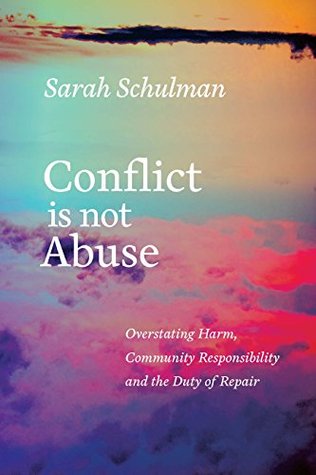which they then would have the right to decline to read or view.
I think this second part is operative, because it's presumed but not always accurate -- Oberlin's policy only "strongly encouraged" professors to make potentially triggering content optional and most instructors I know of who use trigger warnings do it as a courtesy to help ensure that students who may be triggered are prepared and able to deal with the content appropriately on their own terms, which is, if we're being precise about experiences and not collapsing variations and their meaning, very much the opposite of giving students the freedom to pass over the content without engaging. UC Santa Barbara though I think did require professors not punish students for not attending class (though that doesn't say they aren't still responsible for engaging with the content, just that they don't physically need to attend the class to do so)


